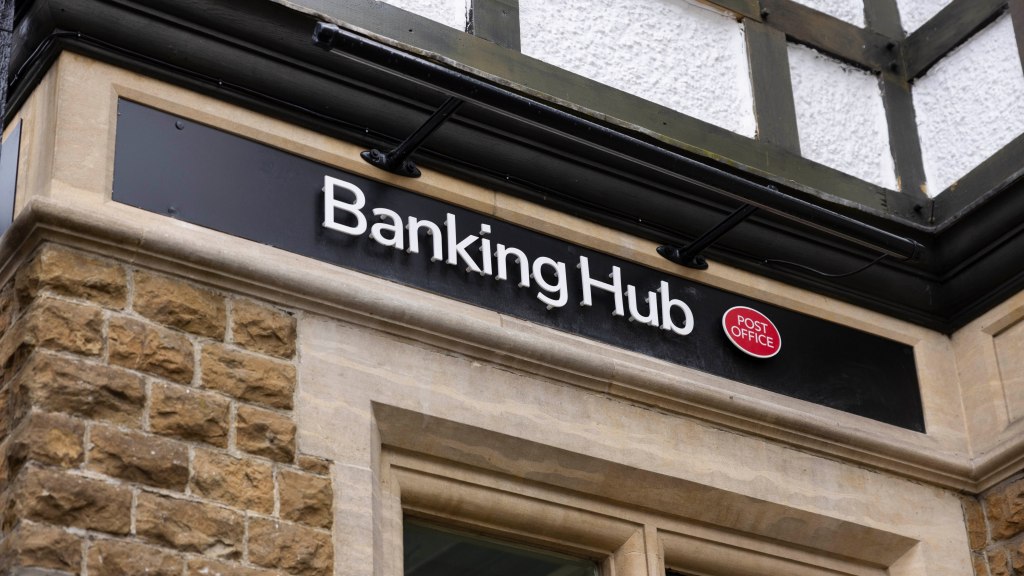Lloyds Banking Group Shares: What Investors Need to Know
Investors are eyeing shares in Lloyds Banking Group, which are projected to provide returns exceeding 5% over the next year. Consequently, the stock has become one of the most actively traded among retail investors utilizing platforms like Hargreaves Lansdown and AJ Bell.
However, many investors may be opting to sell rather than buy, as the stock has surged more than 20% in 2023—outpacing the FTSE 100 by three times, yet still trailing behind competitors Barclays and NatWest, both of which have recorded increases of over 40%.
Lloyds Banking Group, the largest bank in the UK—including well-known brands such as Lloyds Bank, Halifax, Bank of Scotland, and Scottish Widows—boasts a customer base of over 21 million and stands as the UK’s top mortgage provider, with approximately £450 billion in loans and advances.
The bank plays a crucial role as an economic indicator, reflecting the overall health of the British economy. Improvements in trading have been noted, highlighted by rising mortgage demand, decreased rates of bad loans, and an uptick in credit demand.
Unlike some of its rivals, Lloyds did not benefit from the investment banking boom in 2021 due to its absence of a deal-making division. However, this also shielded it from the downturn in this sector. The bank exceeded expectations with a 7% increase in pre-tax profits for its second-quarter results, achieving £1.7 billion, partly due to a lower-than-anticipated impairment charge.
Looking forward, Lloyds anticipates a rebound in net interest income starting in the third quarter, following five consecutive quarters of decline. A crucial financial metric for banks is the net interest margin, which measures the difference between the interest banks pay to depositors and the interest charged on loans.
Rising interest rates typically provide banks with more flexibility to widen the gap between these rates, enhancing profitability from loans. Although the net interest margin has been declining across the sector, Lloyds expects it to maintain at least 2.9% by the end of the year.
The bank’s return on tangible equity, indicating effective profit generation from capital, has seen a slight decrease from 16.6% in June of the previous year to 13.5% this summer. However, this figure is significantly higher compared to prior years, with just 6.6% recorded in 2019.
Potential investors should note concerns surrounding the impact of the City’s regulator’s investigation into the car finance sector, as Lloyds is the most exposed major bank, being the owner of the largest motor finance provider, Black Horse.
Previously, the bank allocated £450 million to tackle these challenges, but analysts from Jefferies estimate the actual liability could reach £1.8 billion, with RBC Capital Markets projecting it may be as high as £2.5 billion.
Shares are currently priced at 9 times forward earnings, positioning the lender towards the lower end of the FTSE 100, likely reflecting the ongoing discount affecting nearly all listed banks in London.
This analysis previously recommended Lloyds as a buy nearly a year ago, during which time shares have yielded a total return of 51%. The company’s yield remains attractive, substantially outperforming the FTSE 100’s expected yield of 3.8%. However, following the significant share price rally this year, the bank’s more favorable outlook seems to be adequately reflected.
Advice: Hold. The valuation for shares corresponds with recent improvements in trading performance.
Dunedin Income Growth Investment Trust
Investors seeking a diversified portfolio of high-dividend payers may look into the £401 million Dunedin Income Growth Investment Trust, offering a yield of 4.9%.
Established in 1873 by financier Robert Fleming in Dundee, the trust has evolved from investments in U.S. railway, coal, and iron projects to targeting income and capital growth through investments primarily in UK-based companies, constituting 80% of its portfolio.
Currently, the trust holds a concentrated portfolio with 36 investments, led by consumer goods giant Unilever at 6.8% of its portfolio, followed by French energy company TotalEnergies at 6.3% and pharmaceutical firm AstraZeneca at 5.9%.
Adopting a sustainable investment strategy, the fund excludes companies generating over 10% of revenue from tobacco products, therefore omitting some major dividend-paying stocks in London, including British American Tobacco. TotalEnergies has been included as it is at the forefront of the energy transition.
The shares trade at a 10.5% discount to net asset value, presenting an opportunity for investors to acquire shares in a portfolio featuring prominent names in the market.
The trust’s tiered management fee structure remains competitive at 0.45% on the first £225 million of net assets, reducing to 0.25% for amounts over £425 million. This results in a blended management fee of approximately 0.39% as of early August, according to Kepler Trust Intelligence estimates.
Overall, with a strong track record of maintaining or increasing shareholder payouts for the past 43 years, this trust appears to offer solid value.
Advice: Buy. A reliable dividend provider available at a discount.






